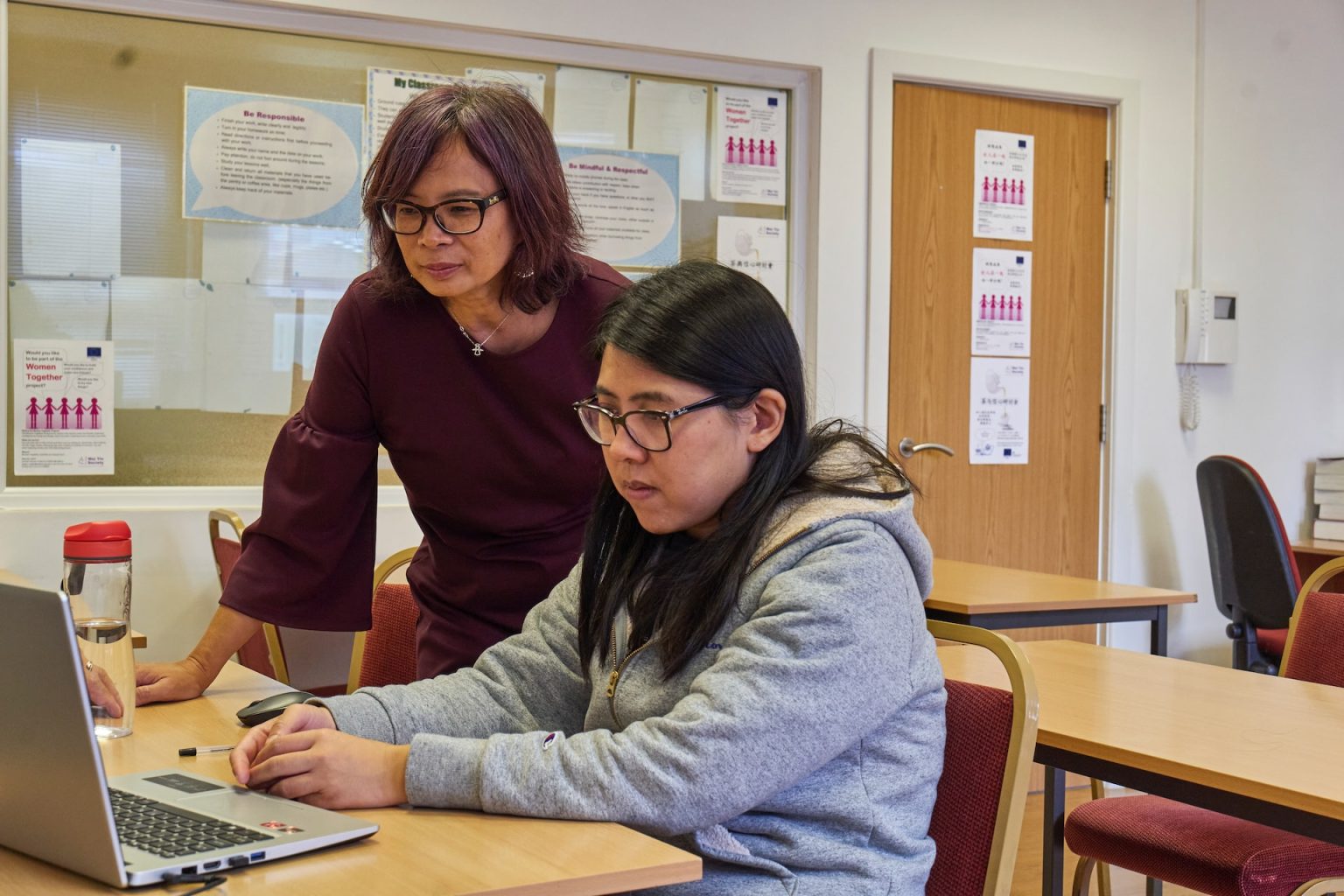The impact of colonialism is deep-rooted, influencing everything from fundamental political decisions to more frivolous pursuits, such as designing lines of jewellery. In Algeria, which was under French colonial rule from France’s invasion of Algiers in 1830 until the end of the Algerian War of Independence in 1962, bitter remnants of colonialism still run deep. Even now, 60 years after independence, the legacy of French rule is still being felt.
Most recently, the desire to disassociate with colonial rule saw President Abdelmadjid Tebboune order Algeria’s education ministry to include the teaching of English in primary school curriculums from September 2022. He explained his decision succinctly:
“The French language is war booty, but English is the international language.”
Algeria is home to 15 million French-speakers, out of a population of more than 43 million people. It is the third-largest French-speaking country in the world. However, despite the language’s wide use, many Algerians associate it with colonial subjugation.
It is hoped that the shift to teaching English in primary schools will deliver a new generation of English-speaking Algerians. People aged 15 and under make up the largest age group in Algeria, accounting for 30% of the population. That means that the reshaping of language policy for this age group has the potential to have a huge impact in a relatively short space of time.
However, it is not without its practical difficulties. Algerian schools have had to recruit and train 5,000 new language teachers in the space of two months, fast-tracking them into the classroom in an effort to be ready for the new school year. In some cases, language professionals who usually provide English translation services for a living have ended up taking on roles that will see them delivering lessons in the classroom instead.
Not only have schools had to find and fund these extra teachers, they have also had to pay for many language-learning materials to be translated from French to English. French translation services cost money, and many headteachers have been asking themselves: How much does a French translator cost? They have been landed with trying to balance the books while also ensuring that their French to English translation services deliver first-rate teaching materials. After all, they want children to be as well educated in the English language as they have been in the French language for so many years.
What is the best French translation site? This is another question that many headteachers have been grappling with. After all, in this day and age, machine translation is widely available for free. But is using an automated translation service advisable? Yes, it’s free and fast, but it also doesn’t deliver the finesse that a certified French translator can. And when it comes to the language that’s going to be used to educate an entire generation, finesse is very much required.
With French to English translation services on hand, Algerian schools have been in the midst of a flurry of activity all summer, ever since President Abdelmadjid Tebboune announced the shift to delivering English lessons in primaries. Textbooks, school manuals and other documents have been run through French translation services – or in some cases Arabic translation services (42.5 million Algerians speak Arabic – nearly the entire population).
The need for English lessons to be flawless is even more important, given that many parents of those learning the language don’t speak English themselves. This means that, unlike with many other subjects, pupils will be unlikely to receive any parental support with their homework. Farouk Lazizi, a parent with two primary school-age children in Algiers, comments:
“Teaching English in primary school is sensible. We need to prepare things well, because most Algerian parents aren’t ready to teach English to their kids.”
The decision to teach English in Algerian primary schools has deep political and emotional implications. The Algerian War of Independence lasted for eight years, resulting in an estimated 1.5 million Algerian deaths. The political fallout has been long and, at times, painful. Today, Algeria is a “controlled democracy”, headed up by a closed elite consisting of the ruling party and senior military officials.
The Arab region in general is in favour of democracy. A survey of over 30,000 people from 13 countries (including Algeria) showed that more than three quarters of people support a democratic system. A similar proportion of respondents felt that a pluralistic democracy would work well in their country.
As the linguistic situation in Algeria continues to evolve, teachers, parents, politicians and many others will be monitoring the impact that English lessons have on the young population’s linguistic abilities. Algerian children already juggle Arabic, French and Tamazight (Berber), so adding English into the mix is a move that will be monitored carefully, both in terms of individual children’s learning and on a societal level.

